Explore the best grants in Nigeria 2025 for entrepreneurs, students, health workers, and community builders. Learn how to apply and increase your chances of success with expert tips.
Finding funding can be one of the hardest parts of growing a business, nonprofit, or even pursuing education. Thankfully, grants in Nigeria offer real opportunities for those who are ready to take the next step. Whether you’re an entrepreneur, a student, a health worker, or a community builder, there’s a grant out there for you. In this guide, you’ll discover the best grants in Nigeria, how to apply for them, and tips to actually win them.
What Are Grants and Why Are They Important in Nigeria?
Grants are financial awards given to individuals, businesses, or organizations without the need for repayment. They are different from loans because you don’t have to pay the money back if you use it correctly.
In Nigeria, grants play a huge role in helping people start businesses, go to school, develop communities, and improve healthcare. They give hope to many, especially the youth, women, and disadvantaged groups who often struggle to access financial support.
When we talk about grants in Nigeria, we’re talking about real change—opportunities that can lift people out of poverty, create jobs, and build a stronger future for everyone.
Types of Grants in Nigeria
There are many types of grants available across Nigeria, each designed to meet specific needs in different sectors. Understanding the various options can help you choose the one that best fits your goals and dreams.
1. Business and Entrepreneurship Grants are one of the most popular types, especially for young people and startups. These grants provide essential capital to help entrepreneurs launch new businesses, expand existing ventures, or bring innovative ideas to life. Programs like the Tony Elumelu Entrepreneurship Programme (TEEP) and the Bank of Industry’s YES Programme are great examples of grants that not only provide funding but also offer training, mentorship, and networking opportunities to sharpen business skills.
2. Educational Grants and Scholarships focus on helping students access quality education without the heavy burden of tuition fees. These grants often cover tuition, living expenses, and sometimes study materials. Organizations like the Ruth Titilayo Educational Foundation offer support to students in polytechnics and vocational institutions, while government grants like the Akwa Ibom State Scholarship Programme provide funding for undergraduate, master’s, and PhD students. With the rising cost of education in Nigeria, these grants make it possible for many young people to achieve their academic dreams.
3. Health and Community Development Grants aim to improve the wellbeing of communities, particularly in critical areas such as healthcare, human rights, gender equality, and social innovation. Grants from organizations like the Global Fund fight diseases such as HIV, tuberculosis, and malaria, while the Bet9ja Foundation focuses on providing clean water, building schools, and empowering vulnerable groups. Community-based grants are often open to NGOs, health workers, and activists who have strong ties to grassroots efforts.
4. Government Grants are initiatives funded by the federal, state, or local governments to support citizens economically and socially. These grants are usually targeted at small businesses, farmers, artisans, and nano-business owners. An example is the Presidential Conditional Grant Programme, which offers non-repayable grants to nano businesses to help them grow and create jobs. Government grants often prioritize women, youth, and persons living with disabilities, aligning with broader national development goals.
5. International and Donor Organization Grants come from international agencies like the U.S. Embassy in Nigeria, the African Development Bank (AfDB), and the United Nations Development Programme (UNDP). These grants usually support large-scale projects in education, entrepreneurship, renewable energy, agriculture, health, and human rights. They are highly competitive but offer significant funding and international exposure to successful applicants.
In addition to these, there are also sector-specific grants targeted at agriculture, technology, renewable energy, and creative industries. For instance, programs like the Mastercard Foundation Agribusiness Fund offer millions of dollars in support to agribusinesses working to transform Nigeria’s food systems.
Overall, Nigeria’s diverse grant landscape provides incredible opportunities for different groups — whether you’re an entrepreneur, a student, a health worker, or a changemaker. Knowing the right type of grant to apply for can not only save time but also greatly increase your chances of success.
Best Grants in Nigeria 2025

If you’re ready to make your dreams a reality, here are some of the top grants in Nigeria you should consider in 2025:
1. Tony Elumelu Entrepreneurship Programme (TEEP)
The Tony Elumelu Foundation Entrepreneurship Programme (TEEP) is one of Africa’s most prestigious initiatives for entrepreneurs. It aims to empower African entrepreneurs with funding, mentorship, and business training.
Grant Benefits
-
Seed Capital: $5,000 (non-repayable)
-
Training: 12-week world-class business training
-
Mentorship: Access to expert mentors
How to Access
-
Apply Online: Submit your application through the Tony Elumelu Foundation Website.
-
Selection: Applications are reviewed, and shortlisted candidates pitch their ideas.
-
Training & Mentorship: Selected entrepreneurs undergo an intensive training program.
Eligibility Requirements
-
Open to entrepreneurs from all African countries.
-
Business must be early-stage (0–3 years old).
-
Applicants must be 18 years or older.
-
Must submit a business plan and registration documents.
Best Time to Apply
-
Applications typically open in January and close in March to April each year. Prepare documents early.
Contact Details
-
Website: Tony Elumelu Foundation
-
Phone: +234-1-2778800
2. Nigeria Youth Futures Fund (NYFF)
The Nigeria Youth Futures Fund (NYFF) is one of the best grants in Nigeria that is dedicated to strengthening youth-led initiatives and fostering leadership development among young Nigerians. It aims to support projects that focus on governance, inclusion, and innovation, with a specific interest in women-led and disability-focused projects.
Grant Types: The fund offers three types of grants: small grants for grassroots projects, development grants for initiatives aimed at youth inclusion, and catalyst grants to support ecosystem-building activities.
Eligibility: Individuals or organizations working on projects that promote governance, youth inclusion, or innovation, especially in the context of Nigerian youth, are eligible to apply.
Application: The application process is via the NYFF official website during the 2025 grant cycle. Detailed project proposals will be required for submission.
Deadline: The NYFF grant cycle for 2025 is expected to open by mid-2025, so applicants should keep an eye on the website for updates and final deadlines.
3. U.S. Embassy Public Diplomacy Grants
Provider: U.S. Embassy and Consulate in Nigeria
Focus: These grants are designed to promote shared values between the U.S. and Nigeria, focusing on education, cultural exchange, and public diplomacy. The grants fund initiatives that aim to foster mutual understanding, enhance governance, and support educational programs that contribute to stronger U.S.-Nigeria relations.
Grant Amount: Grants can range from $20,000 to $50,000 for general Public Diplomacy projects. For educational advising centers, funding of up to $175,000 is available.
Eligibility: NGOs, academic institutions, and civil society organizations in Nigeria that focus on cultural exchange, governance, human rights, and education are eligible to apply.
Application: Applications can be submitted via PASAbujaGrants@State.gov or the Lagos grant portal, depending on your location. Proposals must align with the embassy’s goals and objectives.
Deadlines:
-
Abuja: March 21, 2025
-
Lagos: March 31, 2025
-
EducationUSA: January 27, 2025
4. Bank of Industry (BOI) Youth Entrepreneurship Support (YES) Programme
The BOI YES Programme aims to tackle youth unemployment by empowering Nigerian youths with entrepreneurship skills and funding opportunities.
Grant/Loan Benefits
-
Up to ₦5 million in funding
-
Entrepreneurship and business management training
How to Access
-
Apply via BOI Website: Apply Here.
-
Training: Mandatory online training for shortlisted applicants.
-
Funding: Submit a business plan after training for funding consideration.
Eligibility Requirements
-
Nigerian citizens aged 18–35.
-
Viable business idea or existing business (less than three years old).
-
CAC registration (preferably).
Best Time to Apply
-
Applications are open year-round; check the website regularly for deadlines.
Contact Details
-
Website: www.boi.ng/yes
-
Email: yes@boi.ng
-
Phone: +234 700 2255 264
5. African Development Bank (AfDB) Grants
Provider: African Development Bank
Focus: AfDB’s grants support large-scale projects in areas such as energy, agriculture, and infrastructure development across African countries. These grants are often designed to promote economic development, sustainability, and regional integration.
Eligibility: The AfDB grants are typically aimed at SMEs, cooperatives, or government-backed initiatives, with eligibility dependent on the nature of the project being proposed.
Application: Applicants should monitor the AfDB website for specific updates on available grants and project calls. AfDB frequently launches new funding opportunities for specific sectors.
Deadline: Deadlines vary by project, and applicants should check the AfDB portal regularly for the latest calls.
6. Bet9ja Foundation Grants
Provider: Bet9ja Foundation
Focus: The Bet9ja Foundation offers grants for community development and youth empowerment projects. This grant targets grassroots initiatives that address issues like education, clean water, healthcare, and social justice.
Eligibility: NGOs and entrepreneurs with community-centered projects are eligible to apply for funding.
Application: Interested parties can apply via the Bet9ja Foundation website, where they can find detailed application guidelines and instructions.
Deadline: Applications are accepted on an ongoing basis, so it’s important to keep an eye on the foundation’s website for updates.
7. Ruth Titilayo Educational Foundation Scholarships
Provider: Ruth Titilayo Foundation
Focus: The foundation offers scholarships to postgraduate, polytechnic, and vocational students in Nigeria to help them pursue higher education without the stress of tuition fees.
Grant Amount: The scholarship covers full tuition and living expenses for selected students, providing significant financial relief.
Eligibility: The scholarship is available to students enrolled in Nigerian Federal Polytechnics or Vocational Enterprise Institutions.
Application: Interested students can apply through the foundation’s official website, providing academic records and proof of enrollment.
Deadline: The deadline for applications for the 2025 cycle is October 31, 2025.
8. Global Fund Grants for Health
Provider: Global Fund to Fight AIDS, Tuberculosis, and Malaria
Focus: The Global Fund’s mission is to strengthen health systems and support initiatives that fight HIV, tuberculosis (TB), and malaria.
Eligibility: Grants are open to government agencies, NGOs, and health-focused organizations working to combat these diseases.
Application: Applications are coordinated through Nigeria’s Country Coordinating Mechanism (CCM). Applicants must contact Nigeria’s Ministry of Health for detailed instructions and applications.
Deadline: Ongoing partnerships are available, and proposals are reviewed as needed.
9. Presidential Conditional Grant Programme
Provider: Federal Ministry of Industry, Trade, and Investment
Focus: This program supports nano businesses in Nigeria — small businesses with fewer than three employees and annual incomes under ₦3 million. It encourages youth, women, and persons with disabilities to apply for funding to boost their operations.
Grant Amount: The grant is non-repayable, and the amount varies based on the scale of the business and the project proposal.
Eligibility: Nano businesses operating in sectors like ICT, creative industries, trading, and agriculture are eligible.
Application: Applications can be submitted through designated government portals; stay updated by following official announcements from the Ministry.
Deadline: Ongoing; always check for updates.
10. Africa Minigrids Program (AMP)
Provider: UNDP, AfDB, and Nigeria’s Rural Electrification Agency
Focus: AMP supports the development of renewable energy minigrids for rural and agricultural communities. The goal is to boost energy access in underserved regions while promoting sustainable energy solutions.
Grant Amount: This program provides partial capital grants for businesses involved in commercial renewable energy projects.
Eligibility: Companies with CAC registration, tax clearance, and experience in renewable energy or agriculture are eligible to apply.
Application: Applicants should submit an Expression of Interest (EOI) via the AMP portal to get started.
Deadline: Varies by lot; check the AMP portal for the latest updates.
11. SMEDAN Student Entrepreneurship Grant
The SMEDAN Student Entrepreneurship Grant, provided by the Small and Medium Enterprises Development Agency of Nigeria (SMEDAN), aims to empower student entrepreneurs by offering financial support, training, and mentorship to turn innovative business ideas into viable businesses. With a total grant pool of ₦5 billion, the program is open to Nigerian students in tertiary institutions, aged 21 or below, who have a registered business or a feasible business idea. Read more: How to Apply for Smedan Student Entrepreneurship Grant in 2025 | Step-by-Step Guide for Nigerian Students
Key details
-
Tony Elumelu Entrepreneurship Programme (TEEP): $5,000 seed funding, mentorship, and training for African startups.
-
Nigeria Youth Futures Fund (NYFF): Grants supporting youth-led innovation and governance projects.
-
U.S. Embassy Public Diplomacy Grants: Funding for educational and cultural projects, up to $50,000.
-
Bank of Industry (BOI) YES Programme: Training, grants, and loans for young entrepreneurs aged 18–35.
-
Global Fund Grants: For healthcare projects fighting HIV, TB, and malaria.
-
Bet9ja Foundation Grants: Community development and youth empowerment projects.
-
Mastercard Foundation Agribusiness Fund: Up to $2.5 million for agribusinesses.
-
Google for Startups Black Founders Fund: Equity-free funding for Black-owned tech startups.
And don’t forget local opportunities like the Akwa Ibom State Government Grant for students, offering ₦250,000 to ₦300,000 to aid their education.
Who Can Apply for Grants in Nigeria?
The eligibility requirements for grants in Nigeria depend on the funder and type of grant. However, here’s a general guide:
-
Businesses: Must be registered with CAC, have a clear business plan, and sometimes tax clearance.
-
Individuals: Need proof of Nigerian citizenship (like national ID or voter’s card) and a strong reason for applying.
-
NGOs: Must show registration, proof of community impact, and good financial records.
-
Sector-specific Applicants: For agriculture, health, or tech grants, you may need relevant experience or partnerships.
How to Apply for Grants in Nigeria
Applying for grants can feel overwhelming, but breaking it down into steps makes it easier:
-
Prepare Documents: CAC certificates, tax clearance, ID, business plans, or proposals—keep them ready.
-
Follow Instructions Carefully: Every funder has specific guidelines; ignoring them can cost you the grant.
-
Submit Early: Don’t wait for the last minute.
-
Track Your Applications: Use a spreadsheet or a journal to keep track of deadlines and responses.
Common Mistakes to Avoid When Applying for Grants
If you want to increase your chances, avoid these errors:
-
Not aligning your project with the grant’s goals.
-
Skipping small details in the application instructions.
-
Submitting incomplete or poorly prepared documents.
-
Ignoring deadlines or last-minute rushing.
Grant providers can receive thousands of applications. A small mistake can cost you a big opportunity.
Tips for Winning Grants in Nigeria
-
Tailor Your Proposal: Make sure your project fits exactly into what the funder is looking for.
-
Show Measurable Impact: Highlight how many people you’ll help, jobs you’ll create, or improvements you’ll bring.
-
Use Simple Language: Avoid complicated jargon. Clear, emotional storytelling works better.
-
Get Professional Help: Sometimes hiring a grant writer or consultant can make a big difference.
-
Stay Persistent: Rejections happen. Keep learning, improving, and reapplying.
Applying for grants in Nigeria can feel tough, but the rewards are worth it.
FAQs About Grants in Nigeria
1. What is the easiest grant to apply for in Nigeria?
Some of the easiest grants to apply for are small business grants like the Presidential Conditional Grant Programme or community-based opportunities like the Bet9ja Foundation Grants. They often have simple application processes and fewer requirements compared to international grants.
2. Can individuals apply for grants without a registered business?
Yes, individuals can apply for certain grants in Nigeria, especially scholarships, health project grants, or personal development funds like the Nigeria Youth Futures Fund (NYFF). However, for business-related grants, having a CAC-registered business is often a must.
3. How do I know if a grant opportunity is real or fake?
Always verify grant opportunities by checking the official websites (e.g., Tony Elumelu Foundation, U.S. Embassy Nigeria). Be cautious if you are asked to pay an application fee—most genuine grants are free to apply for.
4. How long does it take to get grant approval in Nigeria?
It varies by program. Some grants (like TEEP) announce winners within a few months, while others (like international health grants) can take 6 months or more. Always check each funder’s timeline and stay patient.
5. Are there grants specifically for women and youth in Nigeria?
Absolutely! Many grants in Nigeria prioritize women and youth. Examples include the MTN Yellopreneur program for women entrepreneurs and the Nigeria Youth Futures Fund for youth-led initiatives. Women and young people are often seen as drivers of innovation and positive change, so funders are eager to support them.
Final Thoughts
Grants in Nigeria offer a life-changing opportunity for those who are ready to act. Whether you’re building a business, empowering a community, or funding your education, now is the time to take action. Stay informed, stay prepared, and most importantly, believe in your dreams. Your opportunity is out there!
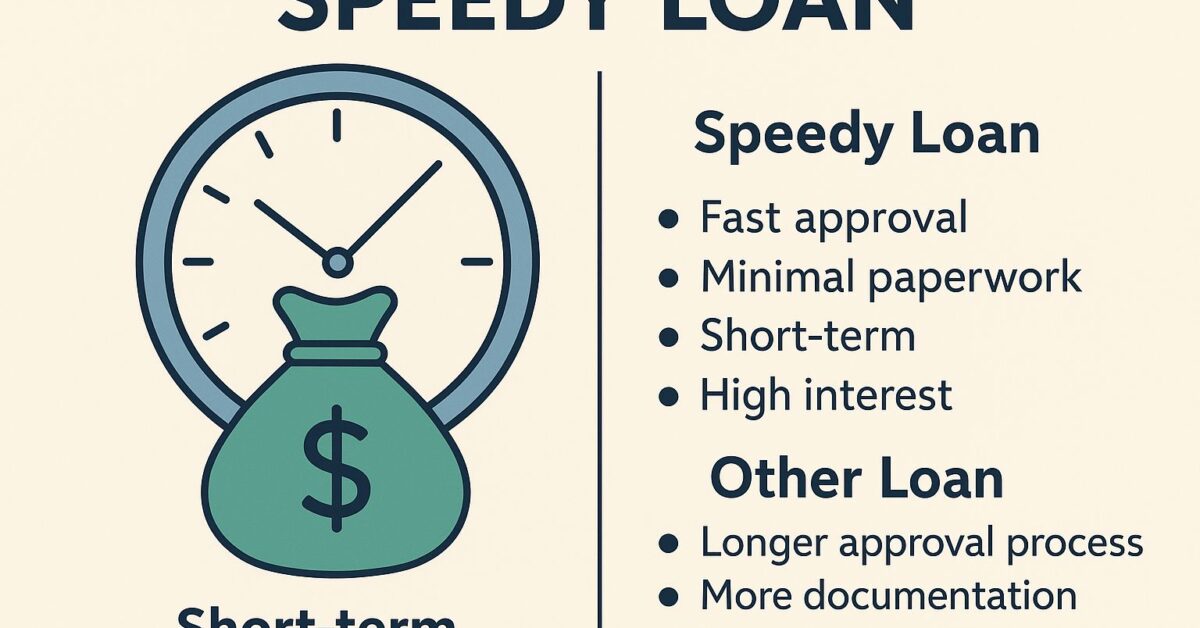
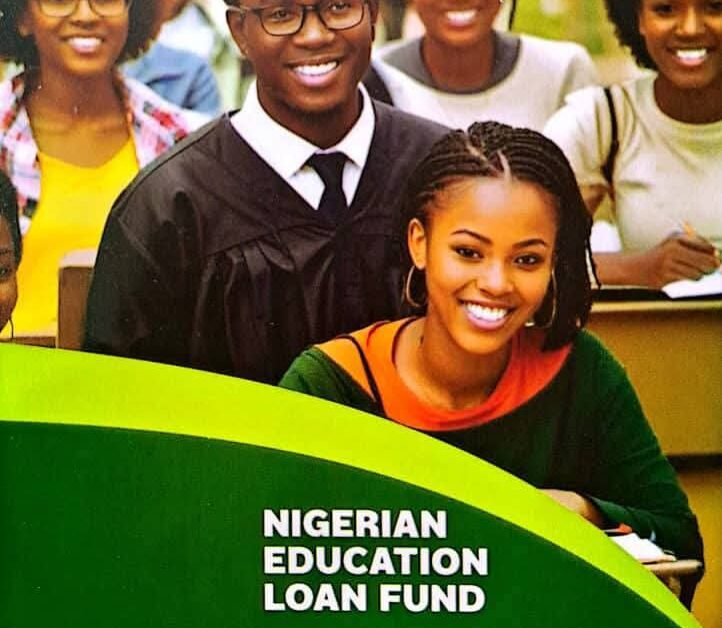
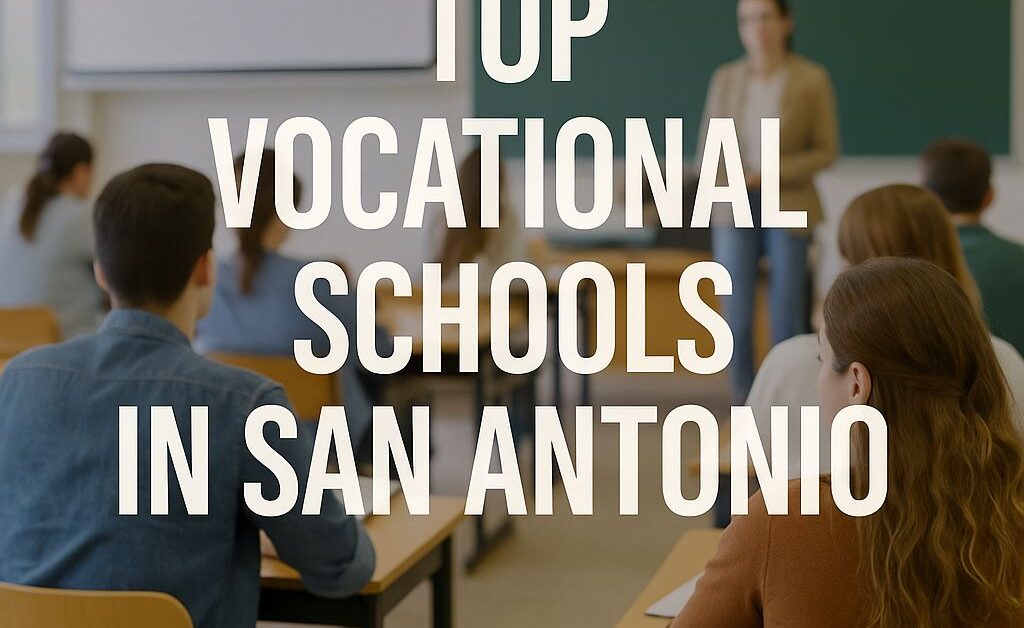
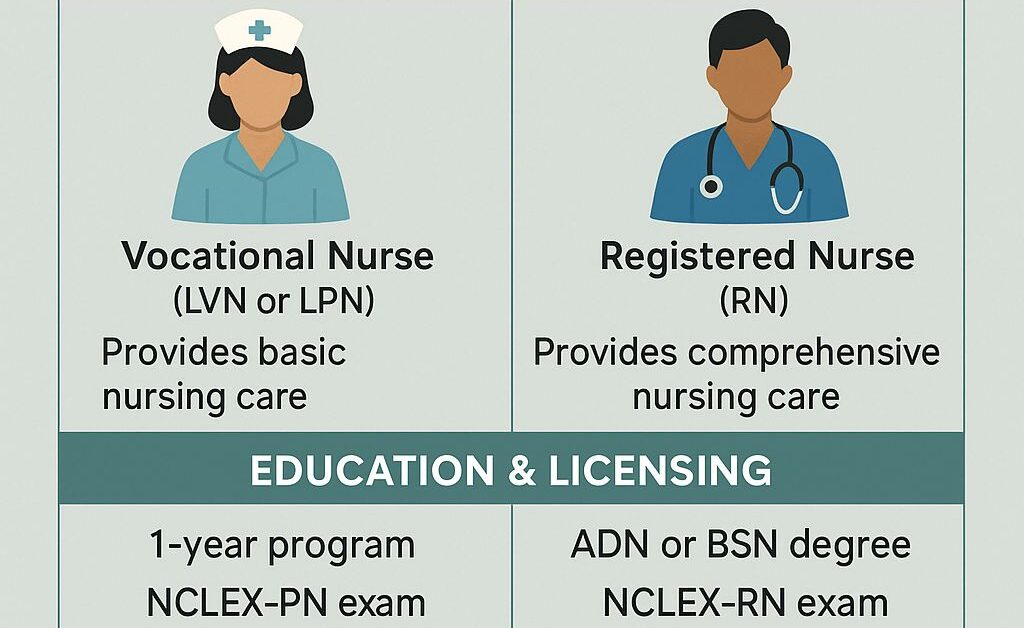
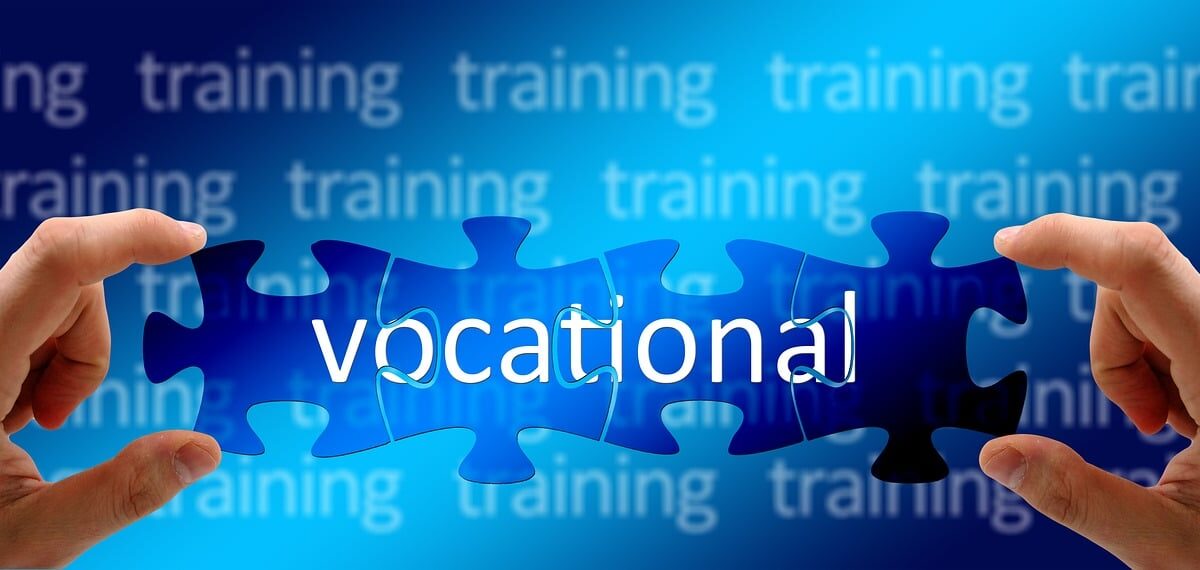
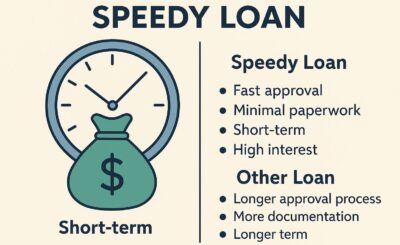

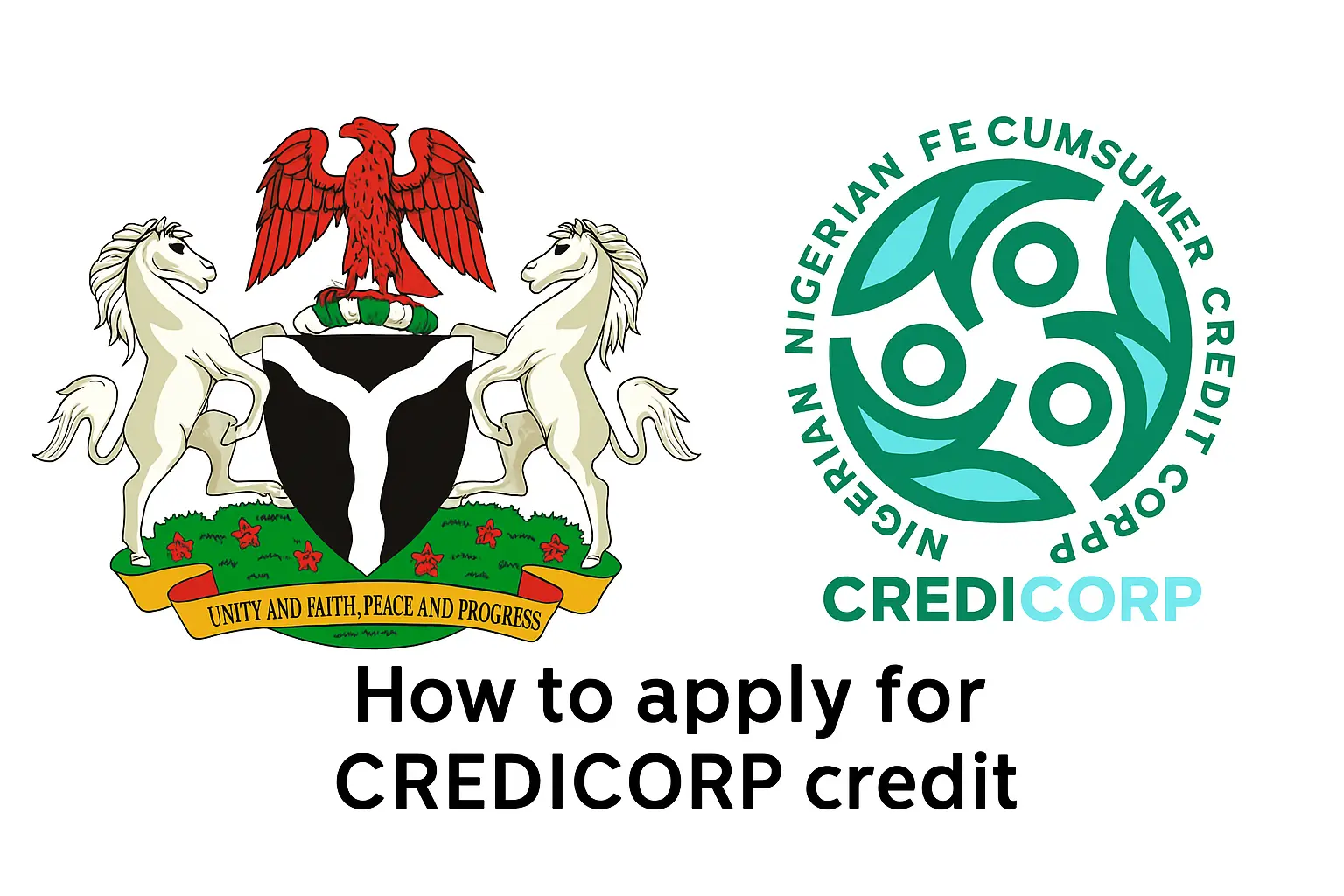
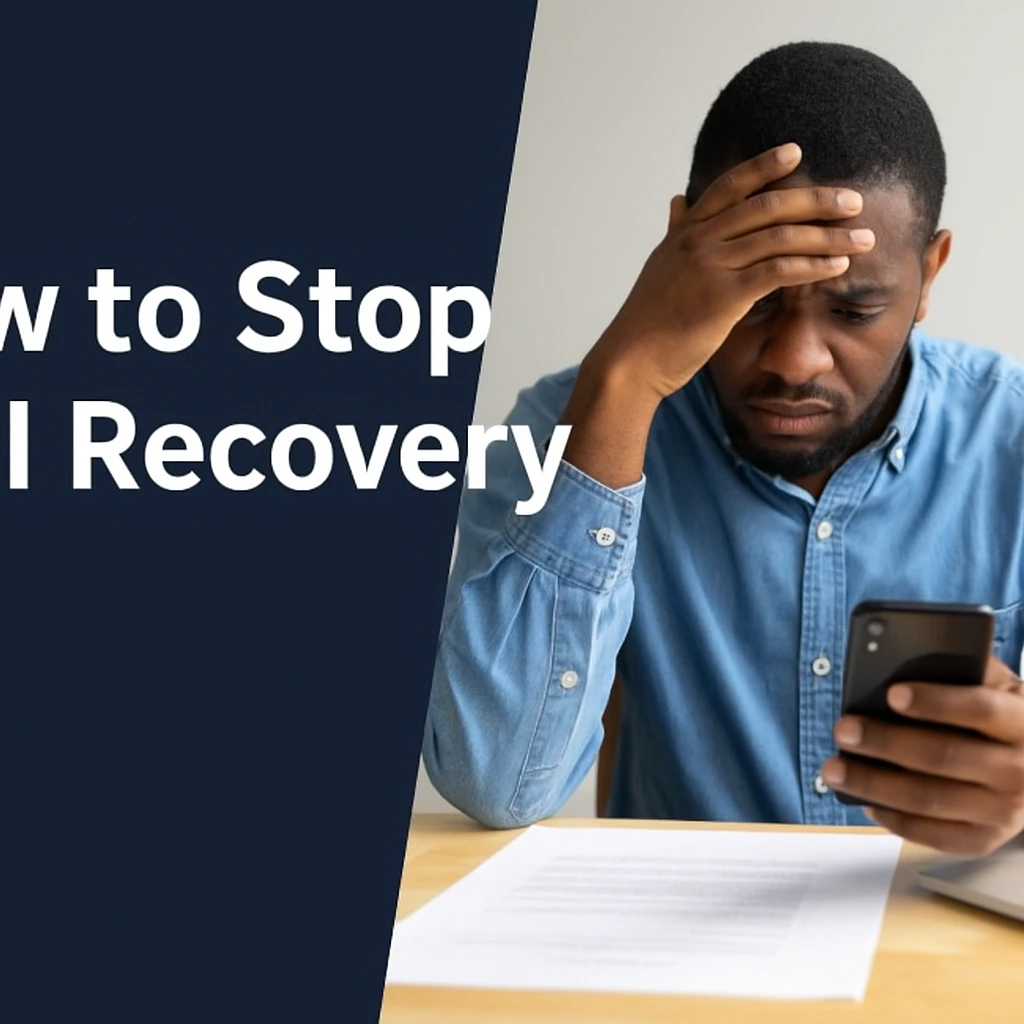
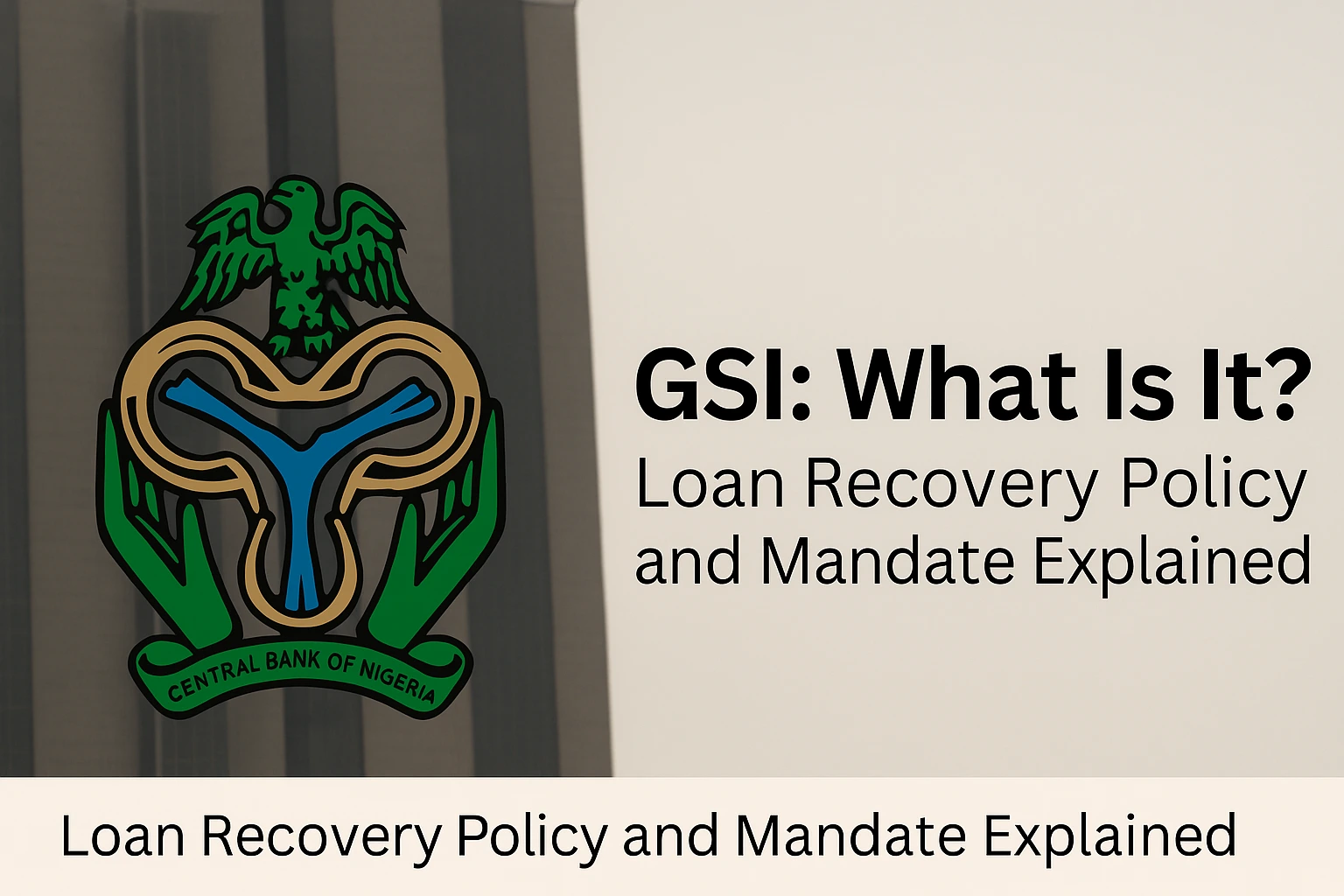
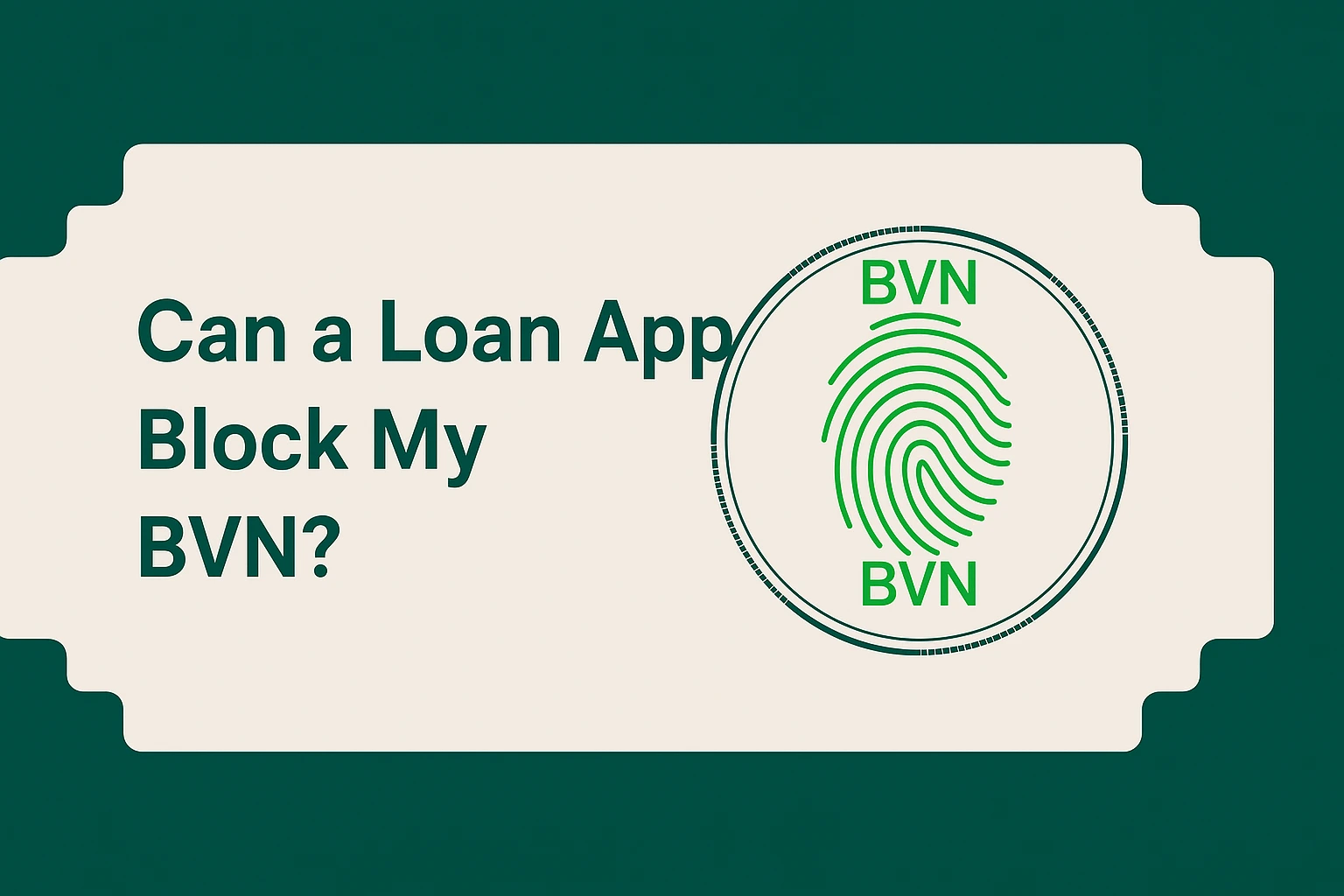
I am very happy to you my president.
I need grants
Hi Victor Efeoghene, thanks for reaching out to Us. Here is ongoing grant apportunity: Apply: SMEDAN N50000 Grant – CGS Micro-enterprises Grant 2025
FME TVET Initiative: How to Apply, Application Portal, and Courses